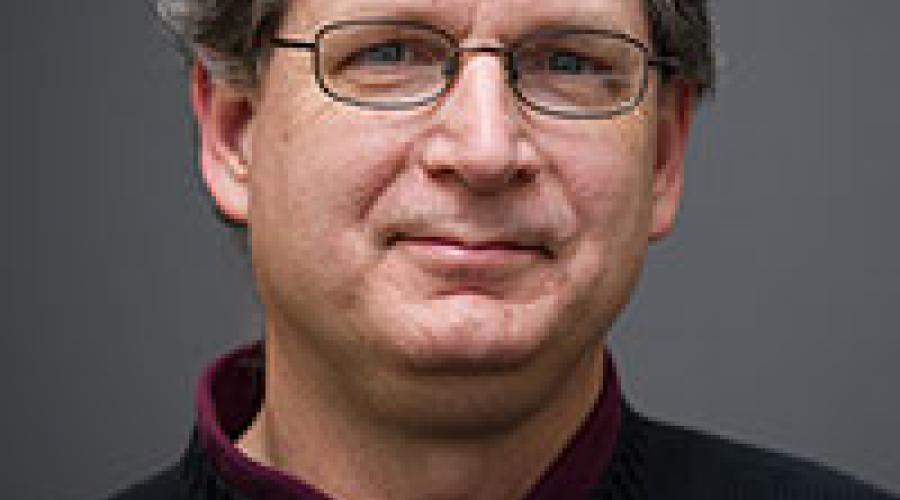
Bridge to the Future
Environmentalist activists, automobile enthusiasts and curious filmgoers gathered Wednesday to see Chris Paine's 2011 documentary, "Revenge of the Electric Car."
Worker Institute Associate Art Wheaton joined Robert Howarth, Cornell's David R. Atkinson Professor of Ecology and Environmental Biology, and film director Chris Paine for a panel discussion and debate after the film.
They sparred over issues such as long-term environmental and financial sustainability of the electric car industry.
Ricardo Daziano, the David Croll Fellow Assistant Professor of the School of Civil and Environmental Engineering, moderated the discussion.
Paine spoke about his decision to produce a follow-up to his critically acclaimed 2006 documentary, "Who Killed the Electric Car", which chronicled the rise and rapid fall of the gasoline-free electric car model.
"When we first heard the electric car was coming back, we saw this as a unique opportunity to film in what is usually a very closed-off industry," he explained.
In contrast to Paine's first documentary, "Revenge" presents an optimistic future for the electric car, which has become more popular among manufacturers since the 2008 financial crisis.
The film details the current battle among three automobile manufacturers – General Motors Co., Nissan and Tesla – in the race to dominate the electric car market.
The electric car is presented in the film as an alternative to current models, which Paine considers inefficient and environmentally damaging.
Panelists largely echoed the documentary's optimistic outlook for the future of the "green" automobile industry.
ILR's Wheaton, however, noted that the primary source of electricity used to power electric cars continues to be coal, not renewable energy.
"I anticipate the electric car as a bridge to the car of the future; I don't see it as the car of the future," Wheaton said.
Howarth, who recently co-authored a plan to rid New York state of fossil fuel use by 2030, argued that electric cars could run entirely on clean energy in the near future.
"Electric cars are a really big part of the solution, because they're far more efficient than our gasoline cars," Howarth explained.
Panelists also discussed potential stumbling blocks for increased electric car use in the United States, especially the impossibility of traveling long distances without recharging the car battery.
Recharging can be arduous, making it difficult to market the electric car to consumers, Wheaton said.
Although the electric car has its flaws, the development of environmentally friendly car models is a positive development for workers, he added.
"If we have cars that are better for the environment, that are sustainable, then we have more job security for autoworkers," Wheaton said.
"Poisoning the environment doesn't allow for sustainable job development. It's a short-term solution."
The growth in popularity of the electric car, panelists agreed, is a step forward for the environment and for workers.


